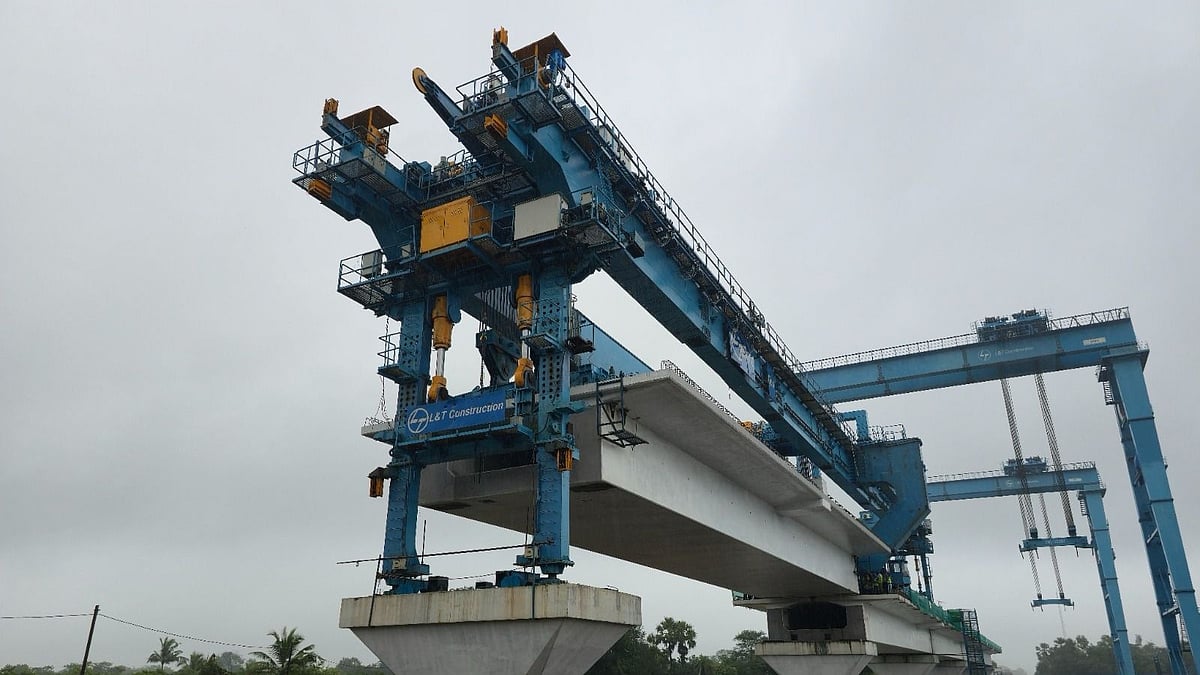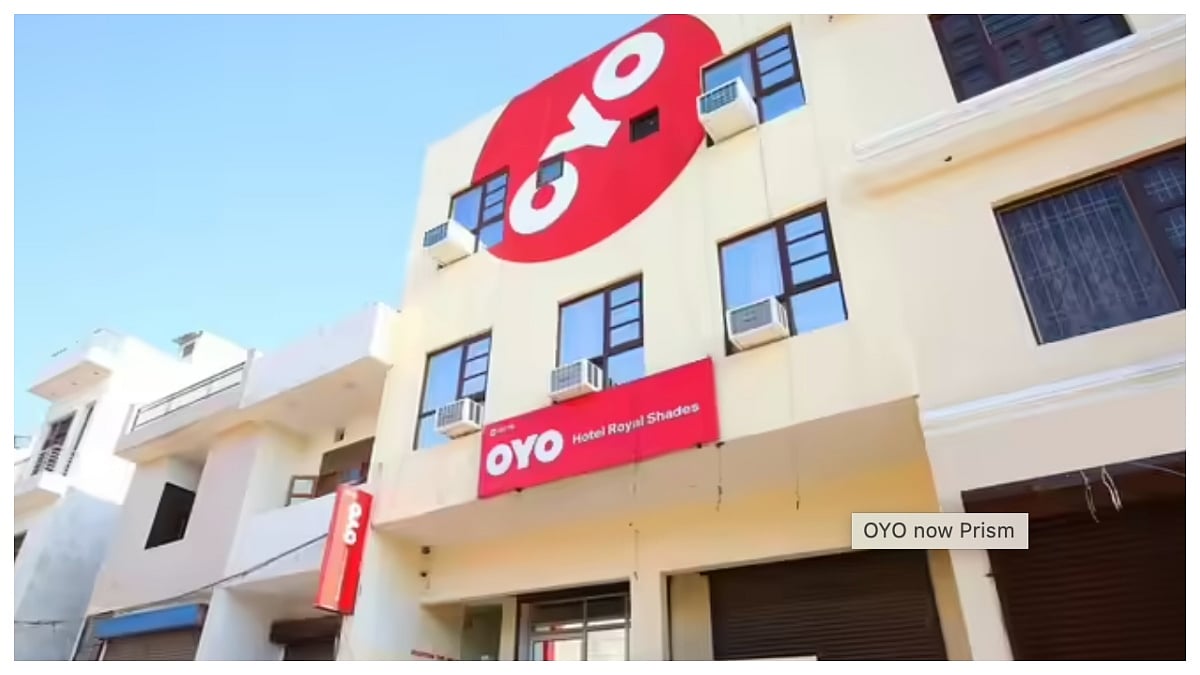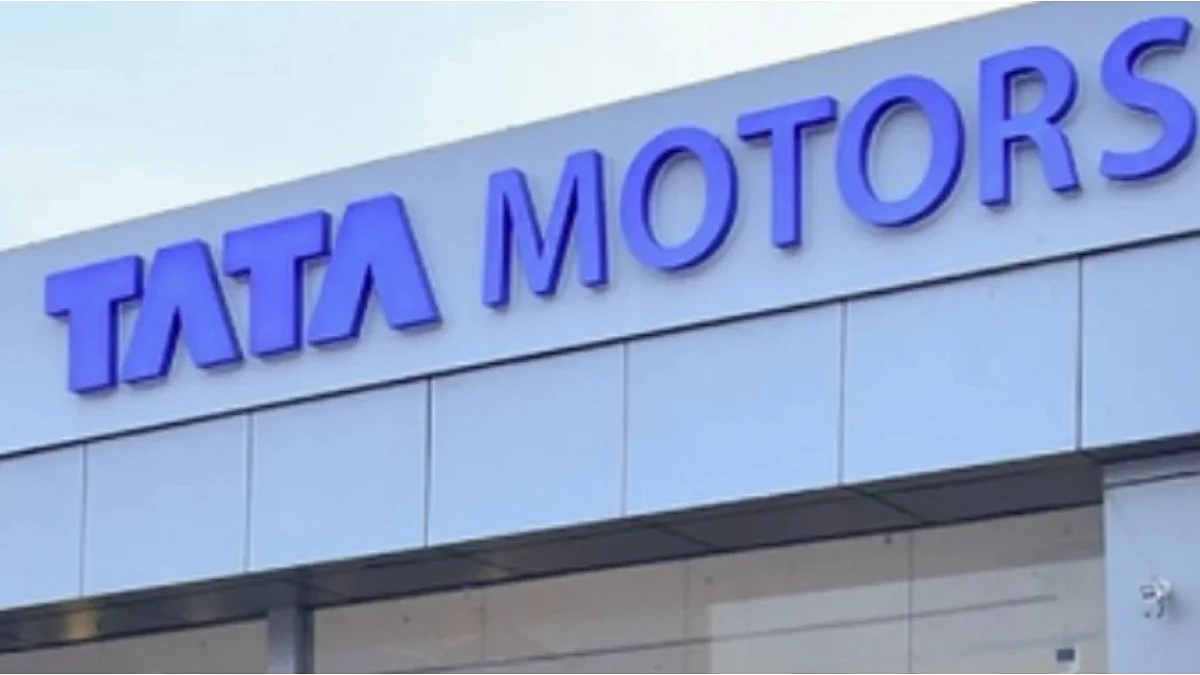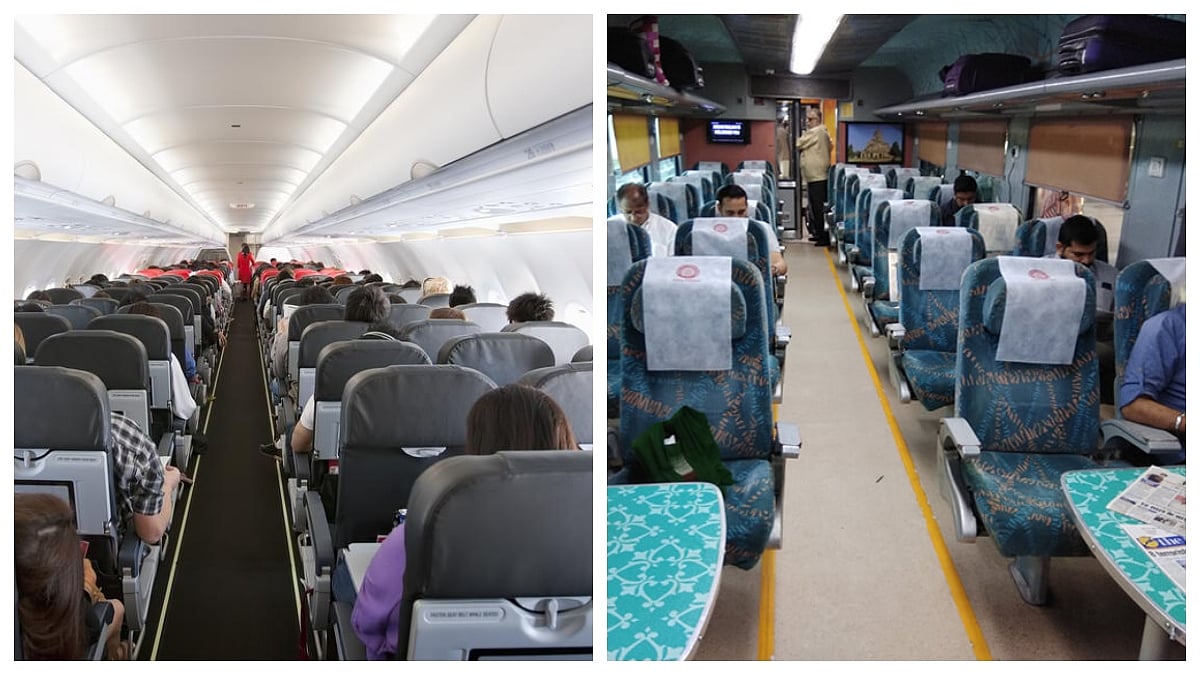It is a time-honored principle of the income income tax law that a mutual association like a club is not liable to tax if there is a complete identity between the contributors and the participants (CIT v. Bankipur Club Ltd 1997 TMI 5595 SC). In fact, this position is as old as the income tax law itself which by the way is the mother of all tax laws in India.
For instance, let us say there are 1,000 members in a club and each pay Rs 2,000 a month. The club admits only members and their families into its facilities including the canteen. Now, if this club were to earn a profit, it will not be taxable. However, if this club allows non-members too, albeit on payment of higher charges vis-à-vis members for availing of its sports infrastructure or its canteen or both, then the immunity from taxation afforded by the principle of mutuality would be lost and it will have to pay income tax on its profits.
That one cannot make profit from oneself is the sum and substance of the mutuality principle.
The law laid down in the context of income tax rationally speaking applies to other tax laws as well. Therefore, the principle of mutuality, whose cornerstone is no one can make profit from oneself should apply to Resident Welfare Associations (RWAs) under the GST law. This is because, the ubiquitous RWA is the quintessential mutual association ensuring solely for its members-who individually cannot organize the services any apartment needs in the humdrum of its everyday life. Indeed, that would be wasteful and unimplementable. Can all the residents engage their own security guards or cleaning staff for the common areas? The answer is an emphatic no.
A RWA then is nothing but a collection of residents who organizes for themselves the services they cannot provide individually to themselves. It is in that sense a greater mutual association, if one may say so vis-à-vis a club.
The government is, against this backdrop, guilty of going overboard when it asks RWAs with annual turnover from members of more than Rs 20 lakh to collect GST from those members who pay a monthly subscription of more than Rs 7,500. That the Madras High Court vide its recent verdict in July 2021 has mitigated this burden by asking GST to be collected only on the monthly subscription in excess of Rs 7,500 as against the government directive on the entire amount is cold comfort. The honorable High Court ought to have read down the GST law, thus defanging its tentacles when it targets RWAs.
Delhi has a Federation of RWAs. Other metropolitan cities too must be having such a federation to make a common cause before civic authorities. A writ petition challenging the government overreach in taxing RWAs is perfectly justified. Courts would find the argument against imposition of GST on RWAs compelling if a parallel were to be drawn between GST and income tax.
A RWA is not a dealer or trader or service provider in the first place. It is just a collection of its members. Period. There is no way they can trade with themselves or provide services to themselves. A RWA is formed not for providing services to the public at large, but only for taking care of the upkeep of the apartments insofar as common areas are concerned. The business or commerce element, sine qua non for imposing any turnover tax, is lacking. It is for this reason that it is not subjected to income tax on the surplus of maintenance subscription over its expenses. And it is for this reason that its investment income like interest on deposits with banks is taxable---the bank is an outsider and hence the interest earned from it does not emanate out of the mutual relationship that exists only with its members.
Around the same time the government put its shovel on RWAs, it also targeted the allocation of common expenses of head offices (HO) to branches saying that this time-honored accounting practice showed head offices were providing services to their branches! Touché! Of course a head office of a company provides services to its branch but does that by itself make it a service provider? A HO and its branch belong to the same company. How then can the former earn any revenue from its branch? If the government is not reined in, it is possible we may get to witness in the none too distant a future the ludicrous spectacle of a parent being asked to pay GST on hefty medical college fees paid by him for his son(s) or daughter(s) or both!
(The writer is a senior columnist and tweets @smurlidharan)

.jpg)








